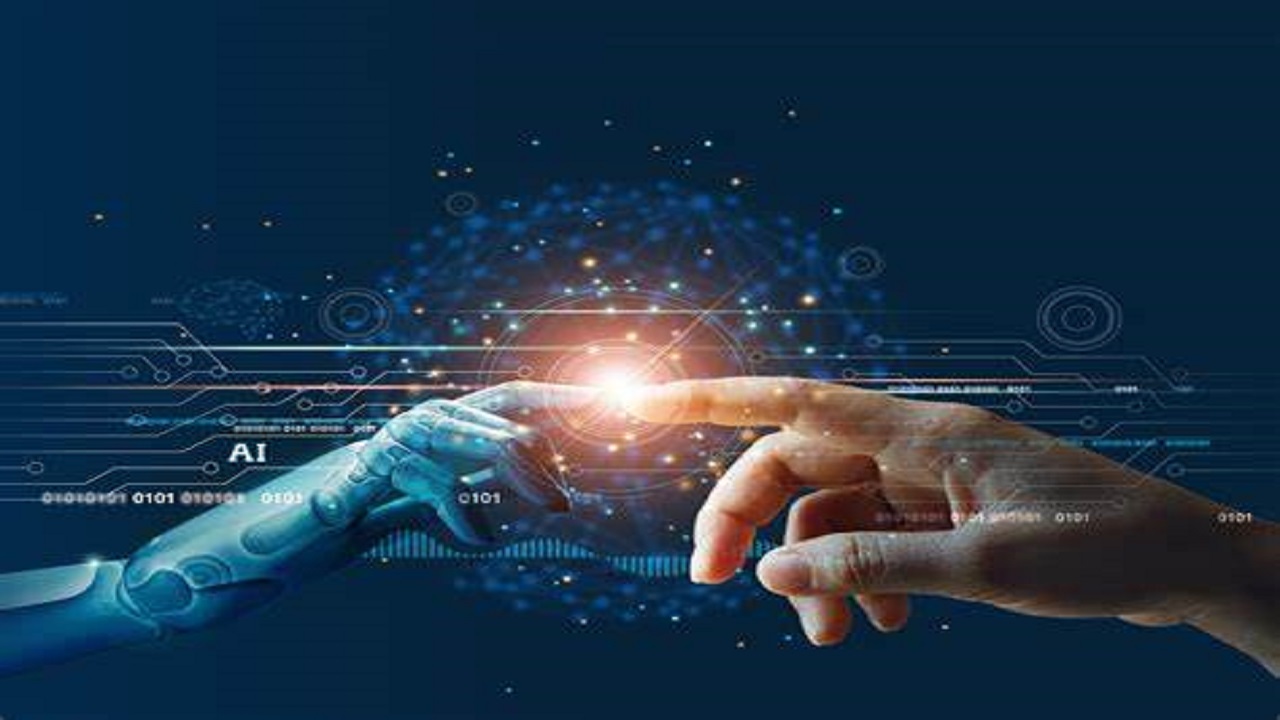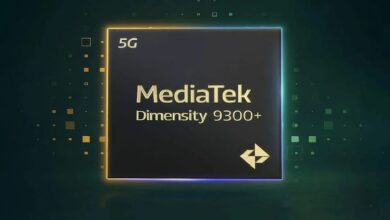Can Artificial Intelligence Exacerbate Inequities Dividing the World?

AI, artificial intelligence, is a topic on everybody’s lips these days. It has gained significant attention and prominence in recent years driving interest, debate, and exploration of its potential and challenges. The rapid expansion of AI technologies resulted in important ethical and social concerns. At Web Summit 2024 – held for the first time in the Middle East in Doha, entrepreneurs, investors, and business leaders were all talking about AI’s capabilities. However, some issues related to AI sparked debate and scrutiny at the event. Experts expressed their concern about the impact of artificial intelligence (AI) on exacerbating existing inequities. There are numerous ways in which AI systems can contribute to or eternalize disparities. Let’s dig into them.
How Can Artificial Intelligence Deepen Inequities In The World?
According to the experts, AI technologies are hailed as cutting-edge, however, they risk reproducing biases and disparities already in place in our world today. Following are the different ways in which AI can aggravate inequities:
- Bias in Data: AI systems learn from data. So, it is quite clear that if the data used to train them is biased or reflects existing societal inequalities, the AI may memorialize those biases. For instance, if historical data used to train a hiring AI system contemplates gender or racial biases, the system may persist in contrast against particular groups.
- Access to Technology: Access to AI technologies and resources is not constant across the world. Wealthy communities and countries have greater access to advanced AI tools and resources. On the other hand, poor communities may lack access, further deepening existent discrepancies.
- Algorithmic Discrimination: AI algorithms may discriminate against particular groups, such as minorities or people with disabilities. For instance, facial recognition systems have higher error rates for people with darker skin tones, leading to biased outcomes.
- Job Displacement: AI and automation will disrupt labor markets. It has the potential to lead to job displacement, particularly for low-skilled workers. It will affect poor communities that are already economically vulnerable.
- Surveillance and Privacy Concerns: AI-powered surveillance technologies are mostly used to monitor and control populations. It leads to increased surveillance of weak communities further eroding their privacy rights.
How to Address These Issues?
A concerted effort from policymakers, technologists, and society as a whole is needed to address these issues. Our government needs to make certain strategies to ensure diverse representation in AI development teams. Moreover, the implementation of bias mitigation techniques in AI algorithms is also required together with promoting equitable access to AI education and resources. The government should establish regulations to oversee the ethical use of AI technologies. Last but not least, healthy discussions about the ethical implications of AI and actively involving affected communities in decision-making processes are fundamental steps toward mitigating the exacerbation of inequities by AI.
PTA Taxes Portal
Find PTA Taxes on All Phones on a Single Page using the PhoneWorld PTA Taxes Portal
Explore NowFollow us on Google News!





